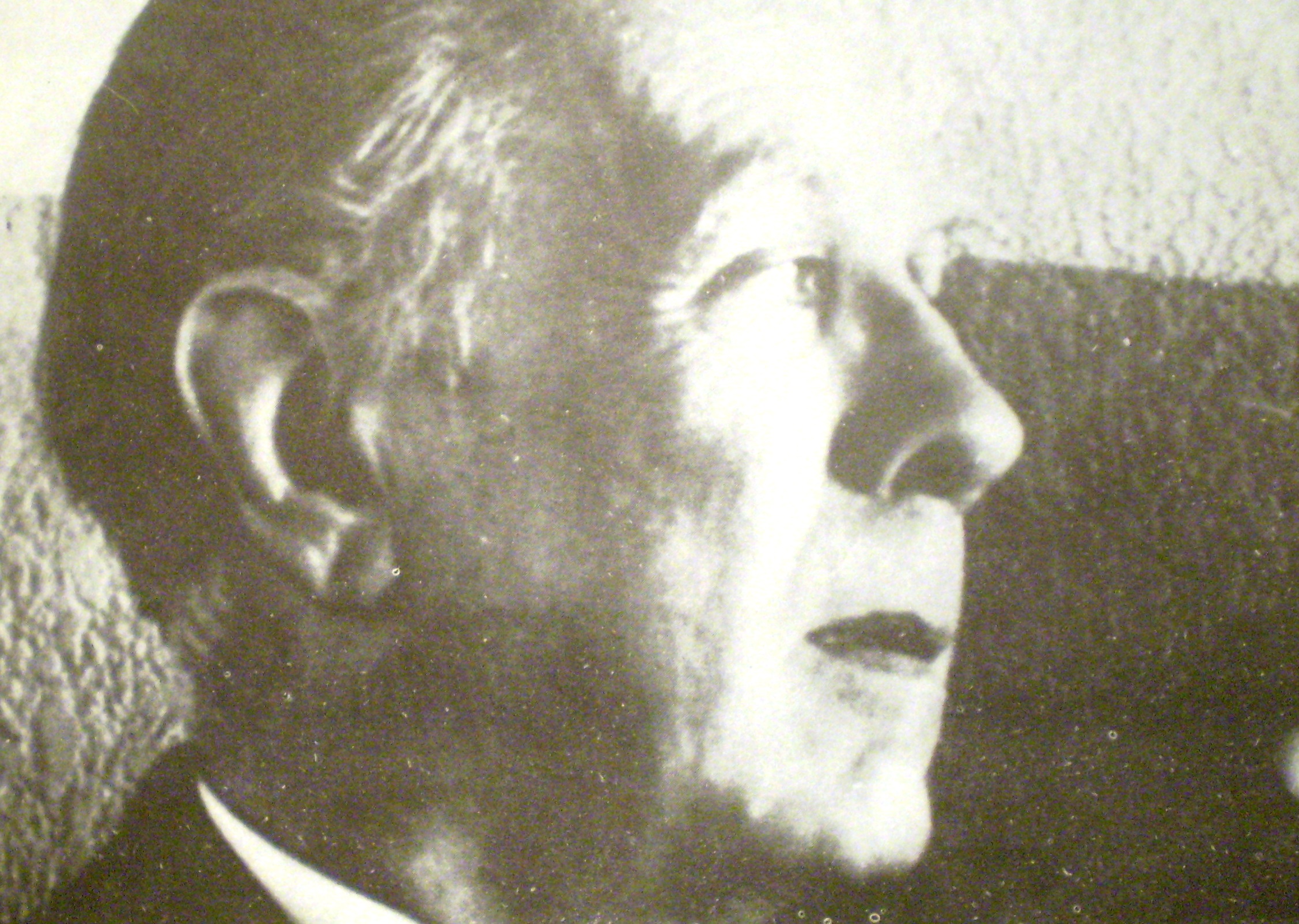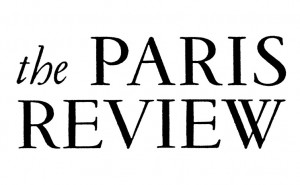Jorge Luis Borges, The Art of Fiction No. 39

*Suggested reading for your after-work chill – cup of coffee, a cozy chair, Borges and the Paris Review. VL
 Interviewed by Ronald Christ, The Paris Review
Interviewed by Ronald Christ, The Paris Review
This interview was conducted in July 1966, in conversations I held with Borges at his office in the Biblioteca Nacional, of which he is the director. The room, recalling an older Buenos Aires, is not really an office at all but a large, ornate, high-ceilinged chamber in the newly renovated library. On the walls—but far too high to be easily read, as if hung with diffidence—are various academic certificates and literary citations. There are also several Piranesi etchings, bringing to mind the nightmarish Piranesi ruin in Borges’s story, “The Immortal.” Over the fireplace is a large portrait; when I asked Borges’s secretary, Miss Susana Quinteros, about the portrait, she responded in a fitting, if unintentional echo of a basic Borgesean theme: “No importa. It’s a reproduction of another painting.”
[pullquote]I think that Mark Twain was one of the really great writers, but I think he was rather unaware of the fact. But perhaps in order to write a really great book, youmust be rather unaware of the fact. You can slave away at it and change every adjective to some other adjective, but perhaps you can write better if you leave the mistakes.[/pullquote]At diagonally opposite corners of the room are two large, revolving bookcases that contain, Miss Quinteros explained, books Borges frequently consults, all arranged in a certain order and never varied so that Borges, who is nearly blind, can find them by position and size. The dictionaries, for instance, are set together, among them an old, sturdily rebacked, well-worn copy of Webster’s Encyclopedic Dictionary of the English Language and an equally well-worn Anglo-Saxon dictionary. Among the other volumes, ranging from books in German and English on theology and philosophy to literature and history, are the complete Pelican Guide to English Literature, the Modern Library’s Selected Writings of Francis Bacon,Hollander’s The Poetic Edda, The Poems of Catullus, Forsyth’s Geometry of Four Dimensions, several volumes of Harrap’s English Classics, Parkman’s The Conspiracy of Pontiac, and the Chambers edition of Beowulf. Recently, Miss Quinteros said, Borges had been reading The American Heritage Picture History of the Civil War,and just the night before he had taken to his home, where his mother, who is in her nineties, reads aloud to him, Washington Irving’s The Life of Mahomet.
Each day, late in the afternoon, Borges arrives at the library where it is now his custom to dictate letters and poems, which Miss Quinteros types and reads back to him.
Click HERE to read the full interview.
[Photo by Wikimeia Commons]

